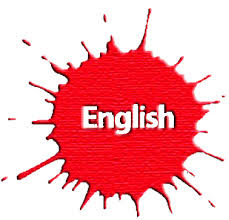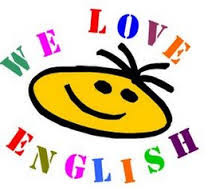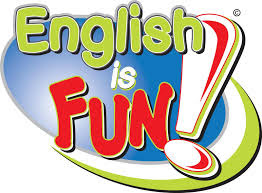Contoh text bacaan : Why English
Why must we learn English ? why must you stay up late nights memorizing verb forma or mastering an English pattern ? English has been moving into the centre stage among languages for the past two hundred years. The two greatest exporters of the language have been the British and the Americans because of their colonial holdings and world importance after the second world war with 2.796 different languanges, it is imperative to the world. Some languages are some more people like Chinese.
Some languages have more nation using it as the first or second language. This popularity resulted from colonialism and education being created in the colonial language. The most German and Russian in this category are English, Spanish, French, German and Russian. But English is at present the most widely studied language in countries where it is not native., being the favoured foreign language in the universities of Russia, Japan, and Turkey as well as German and French. It is the language of trade and business transactions.
The fourth of the world mail is written in English, one half of the world’s newspapers are printed in English. English is the language of over three fifth of the world’s radio stations, It has recently become one of the leading tongues of international scholasrship and scientific and technical periodicals. So when read our books on beautiful afternoons and evenings we are really becoming members of an international club of disciplined English speakers.
Why must we learn English ? why must you stay up late nights memorizing verb forma or mastering an English pattern ? English has been moving into the centre stage among languages for the past two hundred years. The two greatest exporters of the language have been the British and the Americans because of their colonial holdings and world importance after the second world war with 2.796 different languanges, it is imperative to the world. Some languages are some more people like Chinese.
Some languages have more nation using it as the first or second language. This popularity resulted from colonialism and education being created in the colonial language. The most German and Russian in this category are English, Spanish, French, German and Russian. But English is at present the most widely studied language in countries where it is not native., being the favoured foreign language in the universities of Russia, Japan, and Turkey as well as German and French. It is the language of trade and business transactions.
The fourth of the world mail is written in English, one half of the world’s newspapers are printed in English. English is the language of over three fifth of the world’s radio stations, It has recently become one of the leading tongues of international scholasrship and scientific and technical periodicals. So when read our books on beautiful afternoons and evenings we are really becoming members of an international club of disciplined English speakers.
















